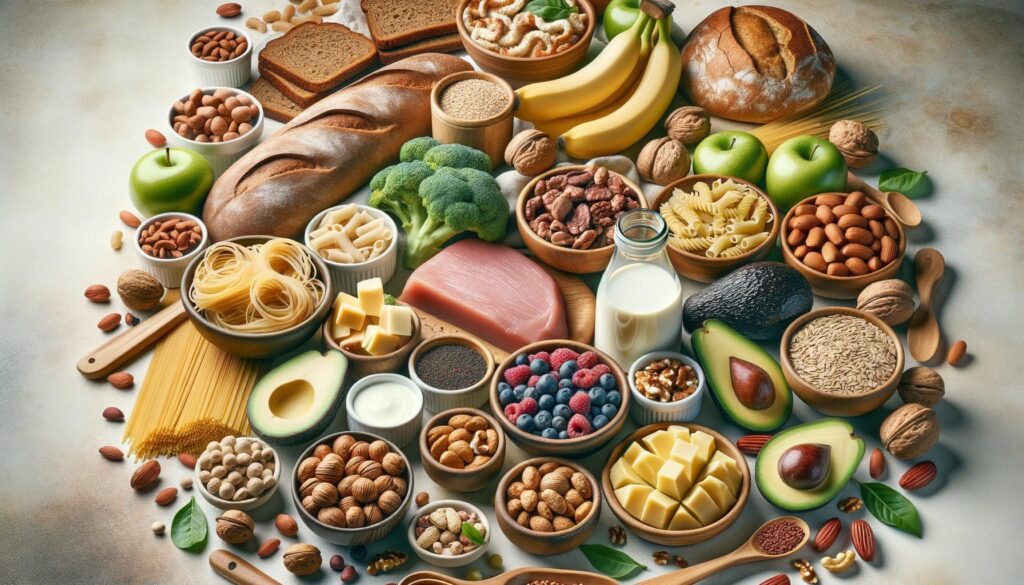Nourishing Foods to Support Healthy Weight Gain

Understanding the Basics of Healthy Weight Gain
Healthy weight gain is an often-overlooked goal that requires careful consideration of diet and lifestyle. Just as with weight loss, the focus should be on nutritious, whole foods rather than processed options. The journey to gaining weight healthily involves increasing your caloric intake through nutrient-dense foods that not only provide energy but also build muscle and improve overall health.
Incorporating Calorie-Dense Foods
Adding calorie-dense foods to your diet is a key strategy for weight gain. These foods pack a lot of calories into a small serving and can help you reach your daily caloric requirements more easily. Some excellent options include:
- Nuts and nut butters: Almonds, peanuts, and cashews offer healthy fats and protein.
- Dried fruits: Apricots, dates, and raisins provide concentrated flavors and calories.
- Whole grains: Brown rice and quinoa are rich in carbohydrates and protein.
These foods can be easily integrated into meals or enjoyed as snacks throughout the day.
Protein-Rich Foods for Muscle Building
Protein plays a crucial role in muscle synthesis, an essential component of weight gain. Including high-protein foods in your diet not only aids in gaining lean muscle mass but also supports tissue repair and immune function. Consider adding the following sources of protein to your meals:
- Lean meats: Chicken and turkey are low in fat and high in protein.
- Fish: Salmon and tuna provide healthy omega-3 fatty acids.
- Legumes: Lentils and chickpeas are not only protein-rich but also high in fiber.
Incorporating a variety of protein sources can enable a balanced intake of essential amino acids.
Healthy Fats: Essential for Energy and Growth
Fats are an essential macronutrient that aids in energy storage and cell growth. Consuming healthy fats is vital when trying to gain weight, as they offer more calories per gram than carbohydrates or proteins. Focus on incorporating sources like:
- Olive oil: A heart-healthy fat to drizzle over salads or vegetables.
- Avocado: Rich in monounsaturated fats and vitamins.
- Seeds: Chia and flaxseeds are excellent in providing fiber and omega-3s.
These fats should be paired with a balanced diet to ensure optimal health benefits.
Meal Planning and Consistency
Consistency is key when it comes to achieving weight gain. Developing a structured meal plan that incorporates frequent, balanced meals can help maintain calorie intake and nutrient balance. It’s not just about eating more but eating smarter:
- Plan meals that align with your goals and lifestyle.
- Focus on portion sizes to ensure you are getting enough calories.
- Include snacks to maintain energy levels throughout the day.
Adopting a methodical approach to eating makes it easier to monitor progress and make necessary adjustments.
Conclusion: Moving Forward with Your Goals
Achieving healthy weight gain requires a deliberate approach focused on consuming nutritious foods and balanced meals. By incorporating calorie-dense snacks, protein-rich meals, and healthy fats into your daily routine, you can effectively work towards your weight gain goals while improving your overall health. Remember, this process takes time and patience, so maintain a steady approach and keep track of your progress to adjust as needed. Successful weight gain is about enhancing health, vitality, and strength in a sustainable way.
